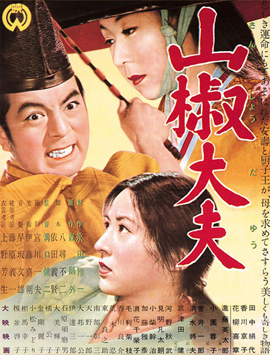|
|
|
|
Healthcare and the Medical Profession:

The increasing cost of medical treatment, the lack of effective checks by the state casts doubt on the level of ethics in the medical profession. The healthcare industry doing so admirably in India only enhances these worries. The editorial looks into what might be going wrong when a profession/ industry thrives but there is no improvement in the development indicators associated with it –infant mortality, life expectancy etc.

 Read Read |
|
|
|
|
|
Film: |
|
|
The Tree of Life
(Terrence Malick)

 Read Read |
|
|
|
|
|
India’s ‘Foreign Policy’: A Long way from Bandung |
|
|
Under External Affairs minister SM Krishna, India’s foreign affairs activity seems to have become restricted to registering protests of various sorts – at the indignities suffered by Indians in Australia, at a Russian court’s ban on the Bhagwad Gita in remote Siberia and at SRK being detained for two hours in a US airport. Are India’s foreign policy initiatives directed outward as they should be or are they directed towards influential private interests?

 Read Read |
|
|
|
|
|
|
|
|
| Home > Contents > Article: Ghivarghese kuzhikandam |
|

Sansho The Bailiff: An Appreciation
Ghivarghese kuzhikandam

|
|
|
|
|
|

Complete Story: Ghivarghese kuzhikandam: 

|
|
|
|
|
|
|
|

|
|

Sansho the Bailiff |
|
|
|
|
|
Kenji Mizoguchi’s great film Sansho the Bailiff (1954) is perhaps not the kind of work that students of humanism in cinema – especially of the kind favored by Hollywood or at film festivals today – will be able to appreciate fully. At the center of the film are a set of maxims invoked by the male protagonist’s father: chiefly ‘without mercy, men are beasts’, ‘all men are created equal’ and ‘one must be kind to others however hard one is on oneself’. To those of us brought up on a staple of Western humanism, these maxims are in the nature of truisms or clichés but the film makes them seem powerful and even profound. In this essay the author tries to show how their power stems from Sansho the Bailiff coming actually from a milieu in which the ethics of the ‘villain’ Sansho –i.e. ‘might is right’ – might have been the acceptable norm rather than the egalitarian vales that the film preaches. Given this fact - and the possibility that it would be these sterner values which informed Japanese tradition till the War and accepted by the public – Mizoguchi is perhaps unwittingly awakening us to our own values, ideals which have lost their vigor because we have embraced them so inattentively.

|
|
Editor
Ghivarghese kuzhikandam |
|
|
|
|
|
Courtesy: http://s3.amazonaws.com
|
|
|
|
|
|
|
| Top |
|
|
|
|